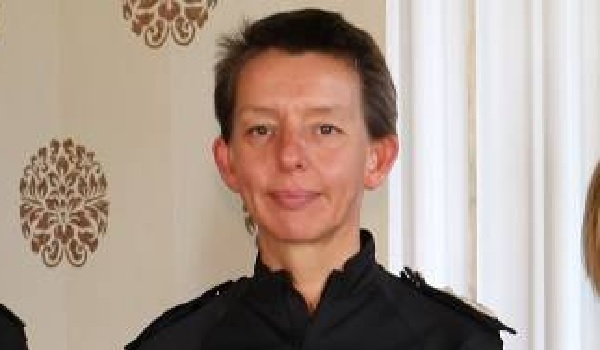Police Scotland proposes £300m IT transformation programme
Police Scotland has announced an “ambitious plan” to invest £298 million in improving its digital, data and ICT capabilities.
It says the investment is needed to modernise the service and give officers the tools they need to tackle a changing landscape of crime in the 21st century, as well as generate savings.
Police Scotland will present its business case to the Scottish Police Authority (SPA) on Thursday (September 27), with areas of concern highlighted including some officers still using paper notebooks to record information and crimes.
It also sets out a phased delivery approach while noting that Police Scotland now has a much more robust programme management process in place to ensure the business case can be implemented.
Deputy Chief Constable Fiona Taylor has commended Police Scotland officers for continuing to deliver to the “best of their ability” despite there being significant under-investment in technology in policing since “well before 2013”.
“But the present situation is unsustainable,” she said. “The pressure on our officers and staff to work around the failings in our technology and meet the new threats will move beyond their ability to cope.
“It also has a detrimental impact on the public and our colleagues in other parts of the criminal justice system.
“At a time when the pressure on public services is immense, we are operating an economically inefficient police service.”
The business case details how officers often attend calls with the little or no information about the victim, their circumstances and needs, and claims that they cannot share with, or receive timely information from, partner agencies, which could help the victim of a crime or a vulnerable member of the public.
This comes after the failure of the i6 computer system project, which aimed to replace 130 electronic and paper-based systems.
Accenture was awarded a ten-year £46 million contract to provide the i6 computer system to Police Scotland by 2015, with projected savings of £200 million to the SPA and Police Scotland.
However, there was an issue with the approach used to produce the software, and it soon became clear that Accenture needed eight times the resources it allocated in the original contract, so the project was shelved in 2016.
And in June, Deputy Chief Officer David Page warned that a lack of “current” and “relevant” ICT environment could prevent the force from attracting new recruits.
Officer numbers in Scotland recently hit a nine-year low as staffing figures dropped below the target of 17,234 in March for the first time.
Ms Taylor added: “We’ll give our officers mobile devices and access to integrated and up-to-date information on the move, allowing them to spend more time in the communities they serve.
“We’ll also give them better technology to capture evidence, speeding up the criminal justice system and making the process simpler for the public.
“It will allow us to improve the way we safeguard, manage and share data, helping to reduce the overall cost of the criminal justice system and improving the service to the public.
“We’ll make it easier for the public to report crime to us, using online services to close the gap between the police and the people who need our help.
“And it will put our officers back on the streets, allowing them to work on crime prevention and community-based policing to keep people safe.”
“It will allow us to improve the way we safeguard, manage and share data, helping to reduce the overall cost of the criminal justice system and improving the service to the public.
“We’ll make it easier for the public to report crime to us, using online services to close the gap between the police and the people who need our help.
“And it will put our officers back on the streets, allowing them to work on crime prevention and community-based policing to keep people safe.”



